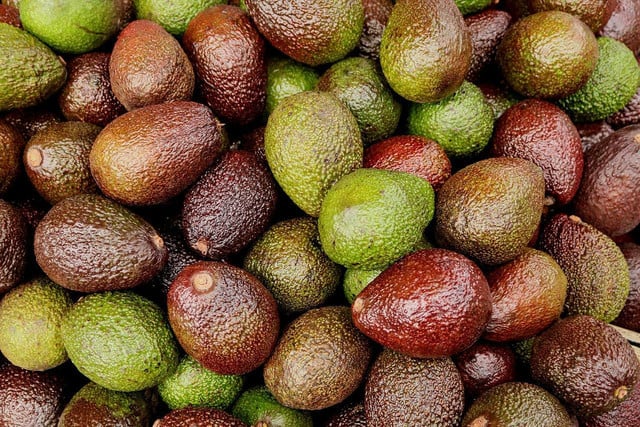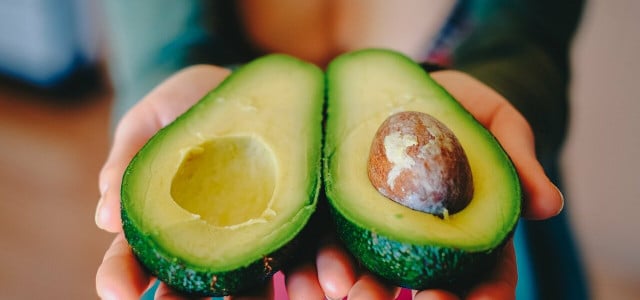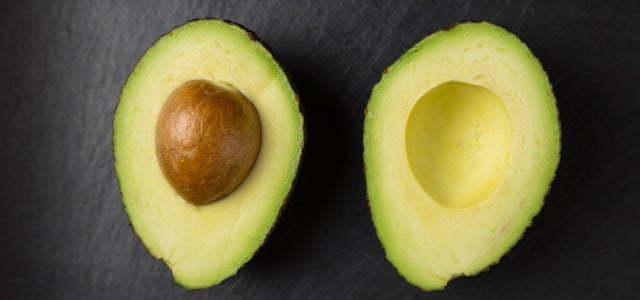Avocado oil can work well in baking as it has a host of health benefits. However, baking with it is not without drawbacks — learn more to find out if you can use avocado oil for baking.
It’s no secret that avocados are a superfood, meaning they have a long list of health benefits. Does that translate to avocado oil? Keep reading to learn how to use avocado oil in baking and why you might consider it.
Benefits of Baking with Avocado Oil

(Foto: CC0 / Pixabay / btfrewinphotography)
It contains high levels of oleic acid, a very healthy fat known to lower blood pressure and monosaturated fats, which help to lower cholesterol levels. It also contains vitamin E and the antioxidant lutein, which both help with eye and skin health. All these many health benefits of avocado oil help maintain a happy and healthy heart. This makes using avocado oil in baking better than other baking oils from a health and nutritional point of view.
Other benefits of using avocado oil in baking include the fact that it has little to no taste, so you don’t need to worry about your baked goods tasting like avocado. It can also sustain very high temperatures, meaning any flavors in your baked goods will not be lost when in the oven. Avocado oil in baking can be replaced with a one-to-one ratio, which makes substituting it into recipes incredibly easy.
Downsides of Using Avocado Oil in Baking



(Foto: CC0 / Pixabay / tommileew)
The health benefits of using avocado oil in baking outweigh the health drawbacks. But it should still be noted that avocado oil is high in fat and should be consumed in moderation. Another downside to using avocado oil in baking is the price. Avocado oil is much more expensive compared to other baking oils and so not that easily available for everyone or everyday use.
However, the biggest downside to avocado oil is its environmental impact. Despite the long list of benefits to using avocado oil in baking, this super-oil, too, has a dark side. There are several environmental issues with avocado production which need to be taken into account when replacing it with other baking oils:
- Transportation cost: Mexico is the largest exporter of avocados to the US. Most avocados on our supermarket shelves have made their way from Mexico in large shipping containers. Huge refrigerators store the avocados to keep them fresh, making the transportation of avocados a significant contributor to CO2 emissions.
- Water usage: The irrigation of avocados requires huge amounts of water. Just one single avocado requires 60 gallons of water to be grown. Worse still, Mexico regularly experiences hot and dry periods in the growing season, in which water shortages are common.
- Deforestation: In Mexico, illegal deforestation is prevailing. The clearing of land for farming avocados is very alarming and ongoing.
Refined vs Unrefined Avocado Oil
When buying avocado oil in the supermarket, you may be confused by the difference between refined and unrefined, as marked on the label. Here’s the difference:
- Refined oil has been processed. This includes bleaching or deodorizing the oil using chemicals that change the natural smell and color.
- Unrefined oils have not been in contact with chemicals or processing. They are instead natural and, as such, keep their flavor and color.
Since unrefined oils come in their natural form, we recommend looking for unrefined, organic avocado oil in your local grocery store.
Want to learn more about sustainability and the environment? Follow us on Instagram or Twitter!
Read more:
- How to Grow Your Own Avocado Tree
- 6 DIY Leave-In Conditioners With All-Natural Ingredients
- Is Sunflower Oil Bad for You? Benefits and Drawbacks
Do you like this post?








